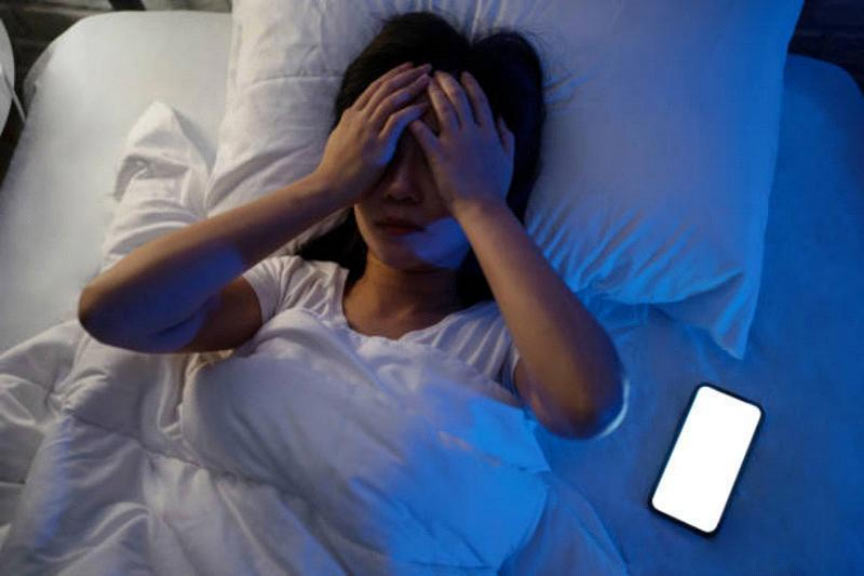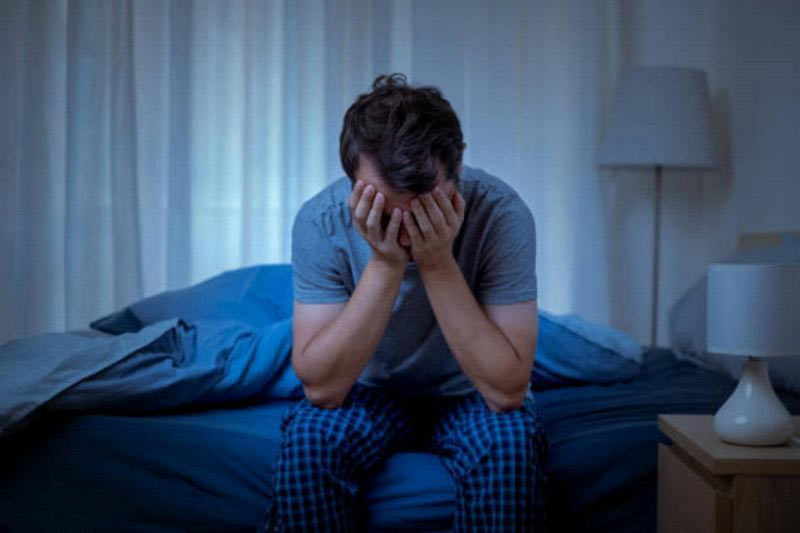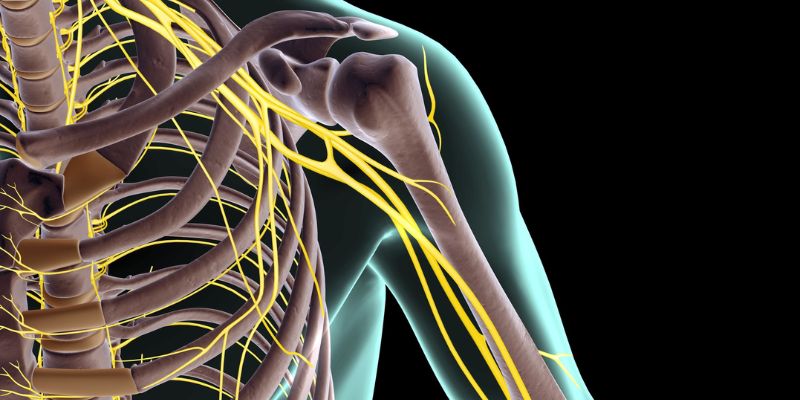Feeling exhausted but still unable to sleep? You may be dealing with insomnia, a disorder that affects millions of people around the world. Living with this condition can be frustrating, as lack of sufficient sleep has been linked to a higher risk for mental health issues such as depression and anxiety, and physical ailments such as diabetes, high blood pressure, heart disease, obesity, and stroke. Here's an in-depth look at insomnia; we'll explore its symptoms, causes – including lifestyle factors like poor sleeping habits – plus solutions for getting the restorative rest you need. Get ready to get better acquainted with your body’s biological clock!
The Basics of Insomnia - Definition, Symptoms, and Impact on Life:

It's not simply having trouble sleeping every once in a while; people with insomnia find themselves facing this problem on a regular basis.
The most common symptoms of insomnia include:
- Waking up earlier than desired
- Difficulty getting to sleep
- Waking up during the night and being unable to get back to sleep
- Feeling unrefreshed after a full night of sleep
- Tiredness and irritability during the day
Insomnia can have a major impact on one's life, affecting physical health, mental well-being, and quality of life. People who are dealing with this condition may have trouble staying focused during the day, be more prone to errors, and may even suffer from memory problems due to chronic fatigue.
What Causes Insomnia?

Insomnia is usually caused by an underlying medical or psychological problem such as depression or anxiety. It can also be related to lifestyle factors; for example, poor sleeping habits (like going to bed late or using the TV, computer, or cell phone right before sleep) can interfere with a good night's rest.
Other common causes of insomnia include:
- Changes in environment such as moving to a new home or starting a new job
- Stressful life events such as a death in the family or losing a job
- Poor nutrition and dehydration
- Certain medications such as antidepressants, beta blockers, and steroids
- Unhealthy sleep habits like using caffeine in the afternoon or evening
Overcoming Insomnia: Solutions &'' Remedies:
Fortunately, insomnia is treatable. The most effective approach for dealing with this condition is to identify the underlying cause and address it directly. If lifestyle factors like poor sleeping habits are causing your insomnia, making changes such as going to bed at the same time every evening and avoiding electronics before sleep can make a big difference.
Other helpful solutions include:
- Regular exercise: Exercise helps you relax and improve your quality of sleep
- Cognitive behavioral therapy: This type of psychotherapy can help you learn how to recognize and address the underlying causes of your insomnia
- Relaxation techniques such as deep breathing and visualization, which can help reduce racing thoughts that make it difficult to fall asleep
- Herbal supplements like chamomile or valerian root, which may help relax the body and mind
- Prescription sleep aids, which should be used with caution.
Living with insomnia can be challenging, but there are solutions that can help you get the restorative rest you need. With a combination of lifestyle changes and professional help if needed, it’s possible to find relief from your symptoms and start sleeping better.
Takeaway: Insomnia Is Treatable:
Behavioral modifications and lifestyle changes can have a major impact for people suffering from insomnia. While this condition can cause serious health problems if left untreated, there are many effective solutions available that can help you get the restorative sleep you need. Start by talking to your doctor and together you can find the right approach to managing your insomnia.
There is no one-size-fits all solution for dealing with insomnia, so if you find that one approach isn't working for you, it's important to keep trying different techniques until you find something that works. With a little patience and perseverance, getting the restful sleep your body needs is within reach!
Tips for Preventing Insomnia - Regular Exercise &'' Proper Diet:
- Exercise regularly: Regular exercise – especially aerobic activities such as running and biking – can help reduce stress levels, combat fatigue, and improve your quality of sleep. Aim for at least 30 minutes of physical activity every day for optimal results.
- Eat a balanced diet: Eating a well-rounded diet full of whole grains, lean proteins, fruits and vegetables can help keep your energy levels up during the day and ensure that you get the nutrients your body needs for restorative sleep at night.
- Avoid stimulants: Caffeine, nicotine, and alcohol should all be avoided close to bedtime as they can interfere with restorative sleep.
- Cut off electronics an hour before bed: The blue light from electronic devices can interfere with your body’s natural sleep-wake cycle, so try to limit your use of cell phones, tablets, and computers an hour before bedtime.
- Create a relaxing environment: Make sure your bedroom is quiet, dark and comfortable – the perfect place for restful sleep! If you need help drifting off, try using some sound machines or soothing music to help you relax.
By following these tips, you can establish healthy habits that will support a good night’s sleep and keep insomnia at bay. Remember, the key is consistency – stick with your new routine and before long, you’ll be sleeping like a baby!
Conclusion:
Insomnia is a serious condition that can have major repercussions on your physical and mental health. Fortunately, there are many effective solutions available to help you get the restorative sleep you need. From lifestyle changes such as exercising regularly and eating a balanced diet, to relaxation techniques like deep breathing or visualization, following these steps can help you overcome your insomnia and get back on track with your life. With a little patience and dedication, you can find the relief from your symptoms that you need!
FAQs:
Q: How can I distinguish between insomnia and other sleep disorders?
A: Insomnia is typically characterized by difficulty falling asleep or staying asleep, whereas other sleep disorders may affect the quality of your rest such as feeling very tired upon waking. Talk to your doctor if you have any concerns about a particular condition.
Q: What are common causes of insomnia?
A: Common causes of insomnia include changes in environment, stressful life events, poor nutrition and dehydration, certain medications, and unhealthy sleep habits. Identifying the underlying cause is key to addressing your insomnia.




